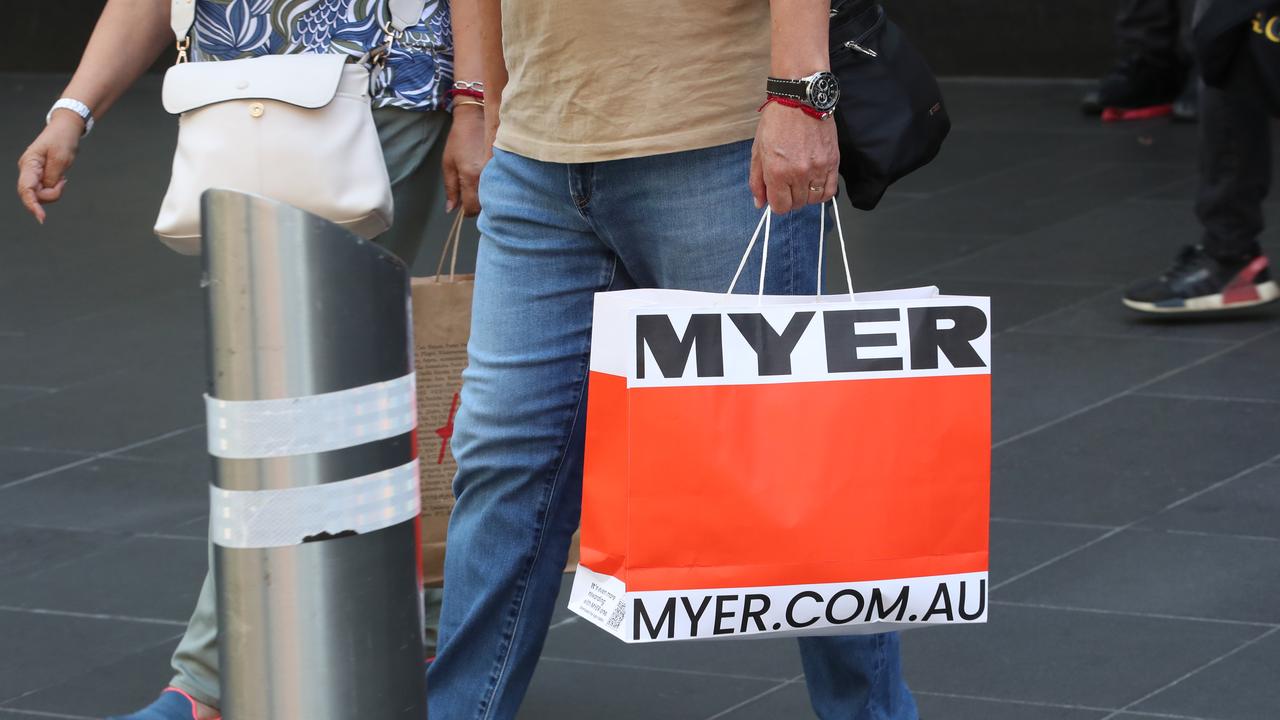Supermarkets expand self-serve checkouts with AI trolleys to prevent theft
As some major supermarkets overseas remove self-serve checkouts from their stores, experts reveal what the future for Aussie shoppers could look like. Have your say.

Retail
Don't miss out on the headlines from Retail. Followed categories will be added to My News.
They are either the bane of a shopper’s existence or a welcome mode of convenience that saves the under-the-pump consumer precious time on the frantic grocery run.
One thing is for certain, despite a global backlash that has seen some supermarket bosses in the UK and the US pull them from their stores due to rising theft, self-serve checkouts are here to stay.
And, according to industry experts, Aussie shoppers should brace themselves for the next phase of the self-scanning retail revolution, which will include AI-enabled trolleys that bypass the need for a checkout altogether.
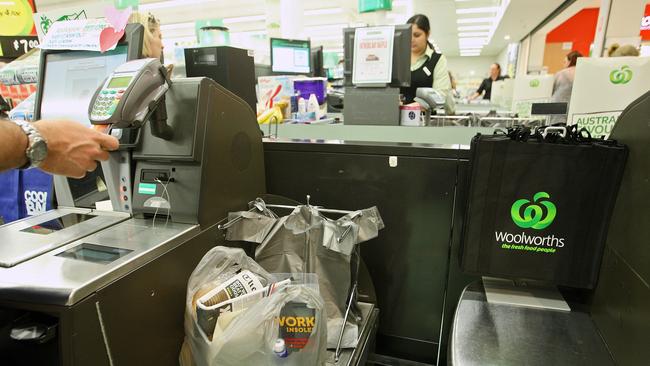
On a global scale, the self-scanning retail revolution has left some shoppers feeling pained about missing out on the vital social interaction that being served by a cashier provides.
Other consumers complain about having to do the work of supermarket staff by scanning their own groceries – a mood recently encapsulated by Melbourne comedian Joe Salanitri of the comic trio Sooshi Mango, who posted an expletive-filled rant after he was forced to use a self-serve checkout with a whole trolley of groceries.

In the US, an increasing number of stores – including Walmart and Target – are removing self-serve checkouts or increasing the number of staffed checkout lanes in a bid to minimise theft.
An IGA in Brisbane’s Greenslopes was forced down a similar path and took the dramatic step of removing their self-serve checkouts last year to prevent stealing.
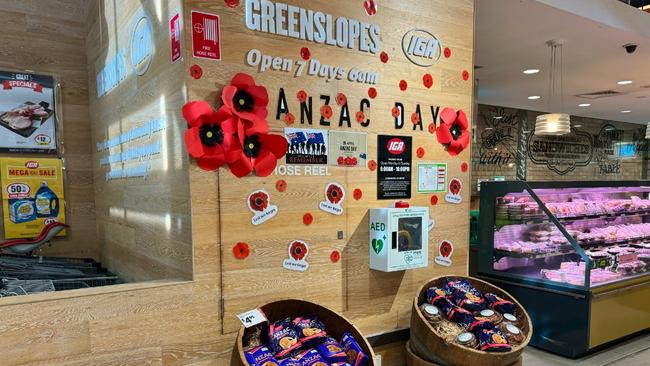
US retail giant Walmart has removed the self-scanning technology entirely from at least five stores, replacing them with traditional manned cashier lanes, while Target has limited the use of its self-service checkout to customers with 10 items or fewer across its 2000 US stores.
In the UK, up-market grocery chain Booths, which prides itself on quality customer service, bucked the self-scanning trend last November by removing its self-service checkouts from all but two of its 28 stores after complaints from customers that the scanners were glitchy and too hard to use.
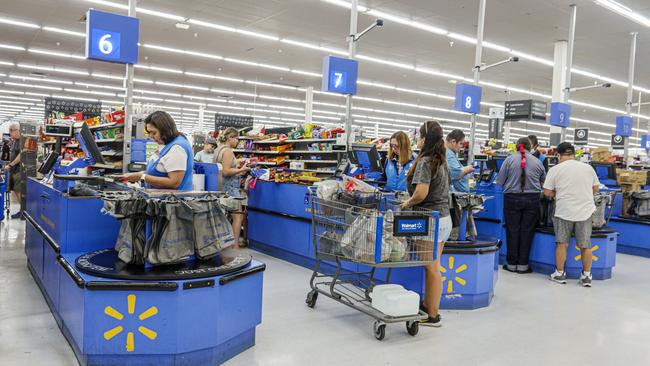
On the flip side of the coin, nations – including Germany and the Netherlands – are trialling newer trends in the digital shopping revolution sphere such as frictionless supermarkets.
In the Dutch city of Utrecht, an AI-powered Aldi store allows shoppers to walk in, select their items and simply walk out without having to queue at the checkout lane or scan items.
Israel-based company Shekel Brainweigh, which provides weighing solutions and develops AI-enabled antitheft technologies that are used in smart fridges and self-checkout shopping trolleys, is at the forefront of the shift in global retail.
The firm has long-term clients in Israel, the US, Australia, Europe, Japan and Brazil.
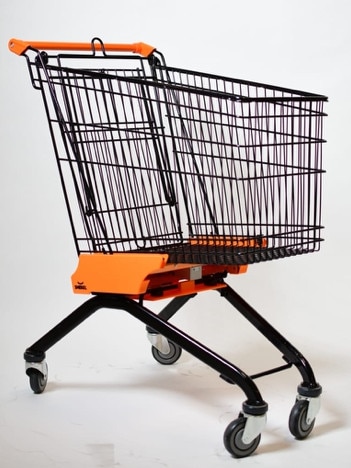

Australian country manager Danny Nadri said the Cust2Mate Smart Carts, self-scanning trolleys which incorporate Shekel Brainweigh’s weighing technologies and are being rolled out across Israel and the US, are the newest developments.
With the Cust2Mate Smart Cart, customers scan and weigh items as they make their way through the aisles.
“When you start using a Smart Cart, what happens is that you either tap your credit card, your payment system in order to access the cart,” he said. “And the idea is that, from that moment on, your whole journey in the store starts and ends with the cart.
“So the self checkout that you see at the end of the store is now embedded into the cart.
“And when you walk in the aisles, when you take a product, you scan it on the cart and you put it down in the cart.”
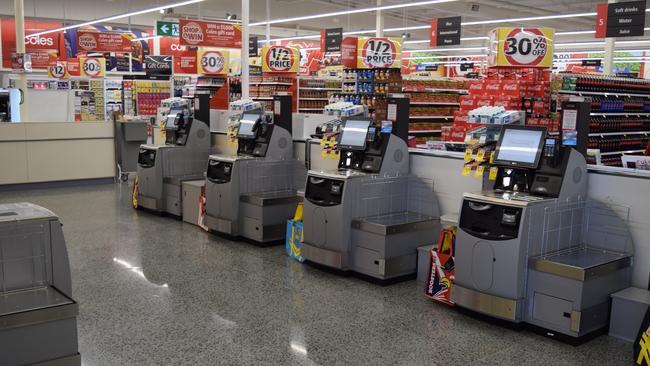
The cutting-edge Cust2Mate trolleys also guide shoppers around the store and provide a map if needed.
Mr Nadri said shrinkage was the biggest issue being faced by supermarkets on a global scale and Shekel Brainweigh had the cutting-edge technology to help retailers prevent theft.
“We build the weighing unit and the AI into the cart,” he said. “So, if you take two chocolate bars, you cannot just scan one and put them on the cart.
“The whole thing is how do you prevent loss? How do you prevent people from stealing, how do we make a system that does not allow you to scan a cheap chocolate but then you put in the cart an expensive chocolate?”
Mr Nadri said the issue of theft was a global concern for retailers.
“I think what we see now in Australia, and it’s not different from what we see today in the US, is a high level of what we call shrinkage or stealing.
“So the supermarkets are very much busy with what we call loss prevention, which is becoming a phenomenon. If you walk into a Target store or a CVS drugstore in the US, half of the products are now placed in cabinets.”

Australian retail expert Professor Gary Mortimer said he believed self-checkout trolleys, which help shoppers by keeping a running total of items, would potentially in time remove the necessity to have actual physical checkouts.
“A smart trolley basically looks like a standard shopping trolley but is surrounded by cameras and computer vision, AI technology.
“It operates off 5G within a supermarket. So when you select your shopping trolley, you scan the QR code, it identifies who you are.
“As you place items off the shelf into the trolley, no need to individually scan them, the computer vision detects what you’ve placed in the trolley and that includes the weight of the fresh produce.
“If you change your mind or remove something, you simply take it out – it minuses it off.
“The benefits are that it enables you to keep track of your shopping, it keeps a running total and it sends you reminders.
“If you’re in the cereal aisle, it knows that you’re probably about to run out of Weetbix and it sends you a reminder.
“It also enables push notifications – so on the LED screen, it will say ‘hey, there’s a special offer just for you’ because it knows you like a particular type of coffee pod.”
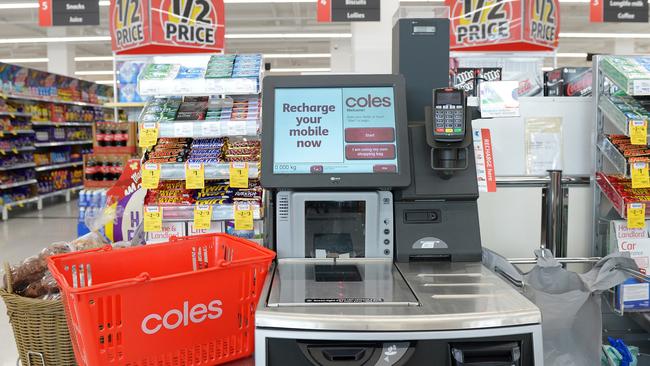
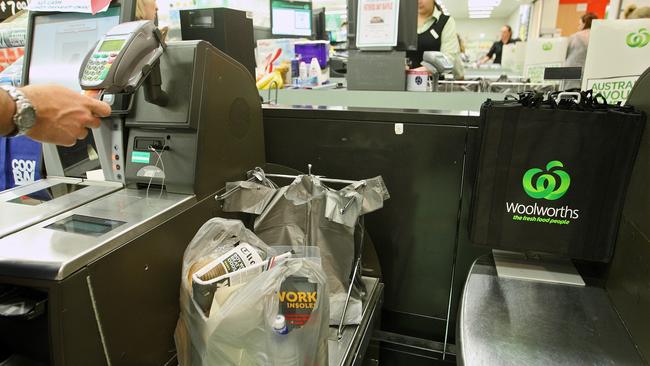
Professor Mortimer said with self-service technologies, “you will always have customers that love the experience and customers that hate the experience”.
“We know that retail theft in Australia costs us about $9 billion a year. So it is growing. “There tends to be a stronger correlation between increase in cost of living, economic downturn and theft.
“There are also many reasons why people steal, particularly with self-service technologies.”
Professor Mortimer said there was a mindset that technology would take supermarket jobs away but this was not entirely accurate.
“I guess the undertow of commentary tends to be this mindset that technology will take these jobs away, particularly from young people, but the research shows that’s not necessarily the case, that wage budgets haven’t decreased.
“What’s happened is that over the last 20 years, as self-service technologies have increased in supermarkets, discount department stores and throughout the economy, roles have simply changed or shifted.
“So in the supermarket today, you’ll see more staff walking up and down the aisles, picking and packing online groceries. Those roles didn’t exist 20 years ago – they’ve moved from the front of the store to the middle of the store.”
More Coverage
Originally published as Supermarkets expand self-serve checkouts with AI trolleys to prevent theft




